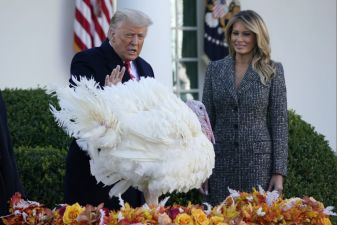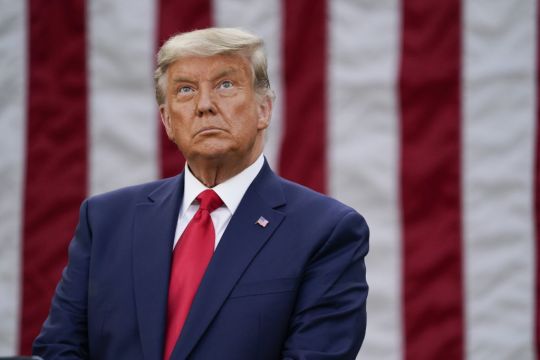The White House is considering rescinding entry bans for most non-US citizens who recently were in Ireland, Britain, Brazil and 26 other European countries, five US and airline officials told Reuters.
The Trump administration imposed the bans in a bid to contain the novel coronavirus pandemic. It is not considering lifting separate entry bans on most non-US citizens who have recently been in China or Iran, the officials said.
The plan has won the backing of White House coronavirus taskforce members, public health and other federal agencies, the people briefed on the matter said.
However, President Donald Trump has not made a final decision and the timing remains uncertain.
The White House, Department of Homeland Security and Centres for Disease Control and Prevention (CDC) did not comment.
Sense
Many administration officials argue the restrictions no longer make sense given that most countries around the world are not subject to the entry ban.
They contend lifting the restrictions would be a boost to struggling US airlines, which have seen international travel fall by 70 per cent, according to airline industry data.
Mr Trump may still opt not to lift the restrictions, given the high number of coronavirus infections in Europe.
One potential hurdle is the fact that European countries are not likely to immediately allow most Americans to resume visits, officials said.
The European countries that are subject to the US entry restrictions include the 26 members of the Schengen area that allow travel across open borders.
Conversations are ongoing between the federal government, international partners, and industry stakeholders
The US restrictions barring most visitors from Europe have been in place since mid-March, while the Brazilian entry ban was imposed in May. Mr Trump implemented the first ban on most non-US visitors from China on January 31st and then added Iran in February.
The restrictions bar entry of most non-US residents who have been in those countries in the previous 14 days, but the US State Department has been granting some "national interest exceptions" to allow travellers from Europe related to "humanitarian travel, public health response, and national security."

The United States has also approved exceptions for some European business travellers, investors, academics, students and journalists.
Nearly all of Europe still bans most US travellers from visiting, while Ireland and Britain allow American visits but require two-weeks quarantine upon arrival. Brazil allows US travellers.
Asked about the prospects of travel restrictions being lifted, a US Transportation Department spokesman said "the department stands ready to support the safe resumption of international flights to and from the US."
"Conversations are ongoing between the federal government, international partners, and industry stakeholders on these matters."







